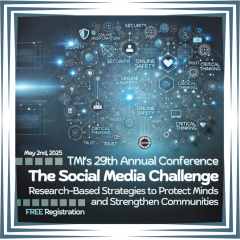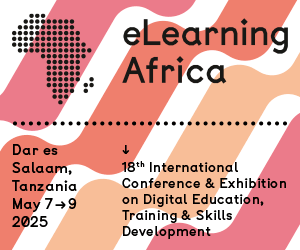2011 ICDE Meeting Mulls Lack of Acceptance of Technology
New York, NY (USA), July 2011 - University Presidents took criticism for the lack of acceptance of open and distance learning at the 2011 International Council for Open and Distance Education (ICDE) Standing Conference of Presidents in New York, USA in June 2011. Sponsors included Pearson, CISCO, Datatel, and Brite Computers, who also featured in the program.
An international meeting of executive heads of open and distance learning universities was held 19-22 June in New York, hosted by the State University of New York Empire State College. Leaders representing institutions from thirty countries on every continent held discussions on why universities have not advanced political and societal acceptance of the open and online delivery of education.
The ICDE is a network of 100 educational institutions and associations worldwide; it works to promote open and distance learning and provides opportunities for exchange of educational best practice among countries and regions. The ICDE Standing Conference of Presidents (SCOP) is a unique annual forum for the high-level and confidential exchange of information, quality enhancement strategies, and policy directions.
Keynote speaker Jagdish Bhagwati of Columbia University and Senior Fellow in International Economics at the Council on Foreign Relations highlighted the role of skills. He said that countries in the developing world need to be able to move from cultures of dependence to creating their own future in the knowledge economy.
Internal resistance from faculty to embrace technology has yet to be overcome. All too frequently institutions fail to seek dialogue with staff and instead attempt to impose the will of the administration, said Michael Fortunato, of SUNY Empire State College. Where incentives are found and faculty is engaged in shared innovation and governance, results will start to show - in a culture of partnership not imposition.
The university community is also struggling to cope with political realities - and politicians are demanding an instant return on investment within the period of their political term. Bruno Laporte of the World Bank advised executives to make arguments in favor of the social and economic benefits, competitiveness, and the political stability that can be derived through greater development of education.
Tension between pedagogy and technology in the learning environment was a further key theme at the meeting. Adrian Sannier of Pearson e-College delivered a warning that public institutions are falling behind their private counterparts, where the use of innovative technology is written into faculty employment contracts.
Tian Belawati, Rector of ICDE member institution Universitas Terbuka, Indonesia, highlighted the fact that in developing economies, mobile solutions and very cheap technology from China is the only means to widening access.










